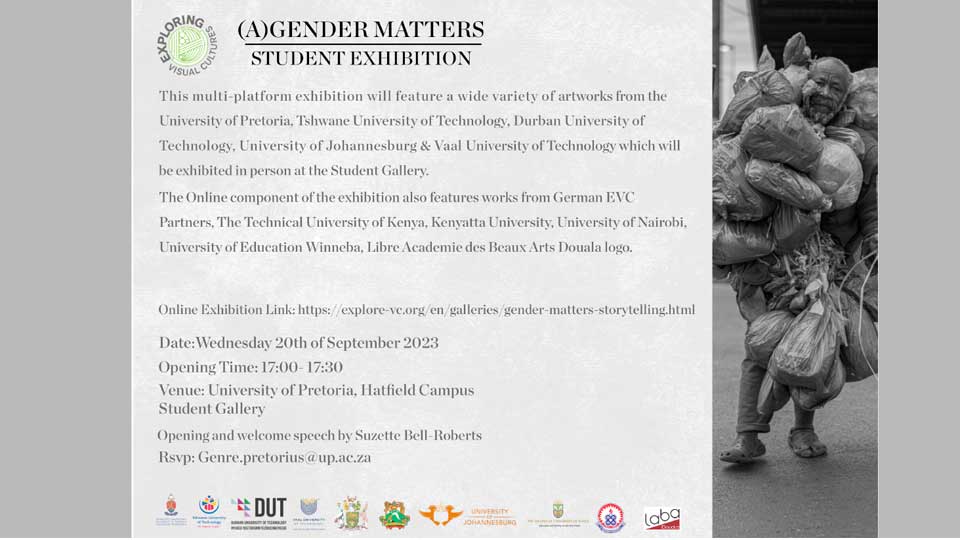
Introduction by Suzette Bell-Roberts
Gender norms are deeply ingrained in our society and significantly impact individuals. It is an area that cuts across thinking about society, law, politics and culture, and it is frequently discussed in relation to other aspects of identity and social position, such as class, ethnicity, age and physical ability. Gender is also an important concept within a range of social and political debates and may influence these debates differently according to cultural context.
It is a 'heavy' word: politicians and public figures often use it negatively, for example, in referring to 'gender police' or ideologies threatening our children and societal norms. These are examples of how Gender can be misunderstood and politicised. When individuals or groups do not "fit" established gender norms, they often face stigma, discriminatory practices or social exclusion. Gender stereotypes are a set of preconceptions regarding the role of a particular gender in society.
These characteristics are then attributed to every person of that Gender, often causing individuals harm and distress. Gender roles perpetuate inequality and significantly affect minorities who may be unable to reject these stereotypes. Arguably, the biggest problem with gender roles comes in the form of gender-based violence. Attacks on women and queer-identifying individuals can be motivated by sexual or ideological reasons, but many stem from hurtful gender roles and stereotypes.
Gender matters not just as identity or stereotypes, but is also at the core of how our social world is organised. Queer-identifying persons are sometimes forced to endure prolonged exposure to unaccepting family members, which aggravates rates of domestic violence, physical and emotional abuse, and damage to mental health. Sexual assault, intimate partner violence, and sexual harassment can happen to anyone, regardless of Gender, sexual orientation or gender identity. Women of all sexual identities bear the disproportionate burden of gender-based violence and discrimination.
Artists are activists for social issues, drivers of social conscience and, as such, change agents. Through their work, artists comment on and critique various social issues, including civil rights, equality, war, and environmental crises. Their powerful messages and images resonate with audiences and inspire change. Art and activism are both built on exposing the truth. Art, in particular, can convey powerful messages across the linguistic and cultural barriers often dividing us. Tapping into emotion is central to achieving this. Regardless of what language they speak, people can feel the emotion.
Part of the activist's challenge is to grip and inspire people to act. The overload of information we face daily makes this increasingly hard to do. Sometimes, it's too much to ask people to stop and think; sometimes, it's too much to just ask them to stop. Successful art compels this. It penetrates apathy, imploring the viewer to look deeper and explore the narrative, to give themselves time to stop and think.
Of course, artists and activists are not inclined to take the safe road. They both face and overcome inherent risks in what they do every day. Risk is a large part of making art. The artist opens themselves up by putting their thoughts, ideas and ways of responding to the world on display for people to come and look at. There's a compulsion in their activity. They are still determining if people will embrace it; there's this innate drive to do what it is needed to do. They have to react and get over the fear of failure.
The exhibition here challenges these participating artists to express their feelings and emotions in tangible ways, to comment on the consequences of gender disparities and vulnerabilities, to make the audience uncomfortable, and to provoke thought and emotion. I am sure you will agree when I say they have achieved this.
Congratulations, keep believing that you can make a difference in how people think and react, no matter how vulnerable it may make you feel.


